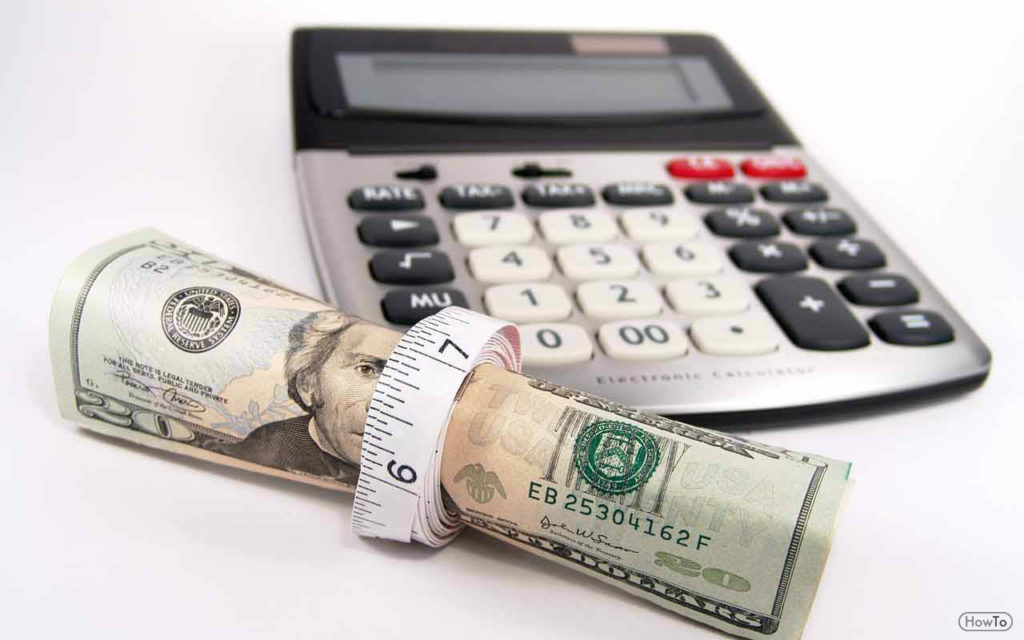
Profits that you earn by selling your investment instruments like stocks or real estate properties are subjected to income tax and are termed as capital gains. It is applicable to both, short term or long term investments.
- You will be liable to pay short term gains if your asset ownership is less than 1 year old. The rate will be equivalent to the currently applicable rate on your regular income.
- On the other hand, long term gains will become applicable if your asset is older than 1 year. The rate is generally smaller than that on short term gains. The percentage of tax can be anywhere between 0% – 20% of the income, depending on your net taxable income for the year.
Standards of Taxable Real Estate Capital Gains
1) Sale of investment property

These rules are applicable to IRS Section 121 Exclusion laws. If you purchase any property or house, besides the one where you live, it is considered as the investment property. Let’s say, you purchased an apartment for $100,000 and claimed for depreciation of $5,000. here, you get to claim the tax deduction on the depreciation amount, while filing your income tax.
On the other hand, if you sell that same property for $130,000, then the net profit will be calculated as $35,000. In this net profit, $5000 is considered as the recaptured amount, for which you have already benefited with depreciation deduction.
This $5,000 will now be taxed at the rate of 25%, while the remaining $30,000 will be taxed under your regular income tax bracket, which could be anywhere between 0% – 20% of your total taxable income.
Therefore, you will be paying taxes for the net profit made from the sale, plus on the deduction of depreciation amount that you had claimed before. However, if you are selling one property to buy another one, then your taxes will be filed under section 1031 exchange of the IRS.
2) Earning on sale of your primary home
Here, single applicants get an exclusion of $250,000 for selling their primary home, while married people can get a waiver of $500,000 if the couple is co-applicants. Please be reminded that the exclusion comes with the clause of living in that home for at least two years.
For example, if you make a net profit of $300,000 after selling your home, where you have lived for more than two years, then you are liable for capital gains of $50,000. You can seek further deductions on your tax liability if you had spent money on any major repairs and renovations during your stay out there.
However, you might not be eligible for exclusions under certain circumstances. For example – If you have not lived there for a minimum period of 2 years, or if you pay the expatriate tax, you will not get the benefit on exclusion.
However, there are some exceptions that the IRS has made. You can discuss your personal finances with certified financial planners like Peter Diamond. They will inform you all about tax consequences or exclusions associated with real estate or home sale under IRS Section 121 exclusion.
3) Under Section 1031 Exchange Exclusion law

When you sell your investment property to buy another one, then you can lawfully defer the taxes on capital gains under Section 1031 Exchange. The loss or gain on both the sale and purchase will come into effect, only after you sell the newly purchased property.
However, you will not benefit under section 1031 in certain cases. For example – If you make a home purchase in another country, with the money you got from selling your US home, or if you start earning rental income on your newly acquired property.
Here again, if you sell your newly acquired property, or if your buyer sells the property you sold within 2 years, then your newly acquired property will be subject to taxation.
Please be reminded that the 1031 exchange does not exempt you from the capital gains of the property exchange transactions. The gains are merely carried forward until you sell your newly purchased property. Section 1031 exchange of the IRS has to be filed with the form 8824. Your financial advisor or accountant should be able to guide you with paperwork and other requirements.
However, you will not get tax-free exchange or exemption, if you make a loss with your sale and purchase of investment property. In such a situation, it is better to dispose the said property and reinvest on some other property.
Eligibility for full tax-free 1031 exchange
- Both the said properties should be ‘like-kind’.
- It should be invested properly, and not your primary place of residence.
- You will need to notify the purchase of exchange property within 45 days of executing the sales deed.
- There cannot be more than a total of 180 days between the sale and purchase of exchange properties.
Challenges of a tax-free exchange

- Finding an ideal like-kind property with the same value is hard.
- Generally, one of the parties ends up paying a little extra. The extra cash received is called ‘Boot’. This Boot amount is a taxable capital gain.
- When there is a mortgage on both properties, then the mortgage gets netted. The party that gives up the property with a bigger mortgage, and buys a new one with a smaller mortgage, will have to declare that benefit as a taxable boot amount.
Calculation of capital gains and capital losses

A lot of factors will be considered for the calculation of capital gains or losses by investors. Therefore, it is a little bit complicated to run those calculations. However, there are some accounting websites where they provide online calculators to find the approximate figure of capital gains or losses.
It is better to get in touch with a reliable financial planner or an accountant to get the exact numbers. If you face the setback of capital loss for more than $3000, then you have the flexibility of claiming the depreciation on that financial year, or in the upcoming years.
Note
If you are living on retirement income, then you must take proper caution before buying and selling properties, in order to avoid the high taxes on capital gains. It is always better to do this kind of exchange transactions when you are having a regular income. You can take help from an experienced financial advisor to avoid heavy taxes on your property investments.







